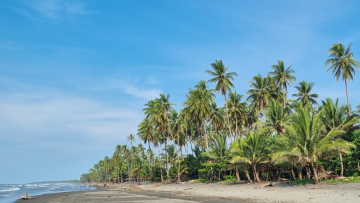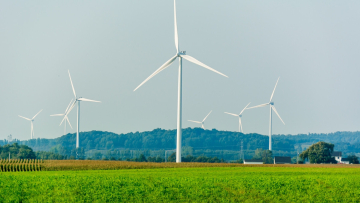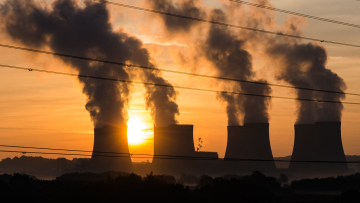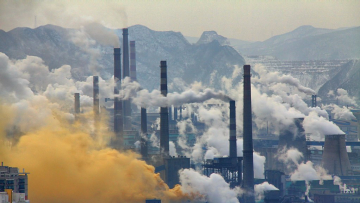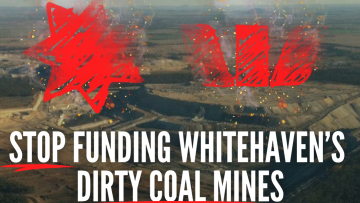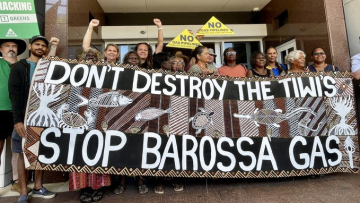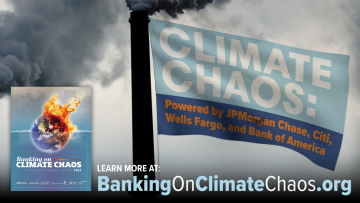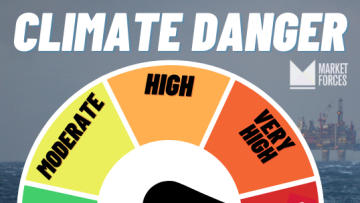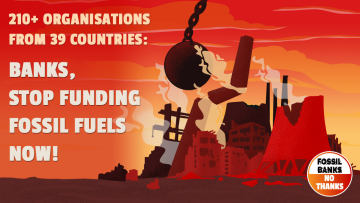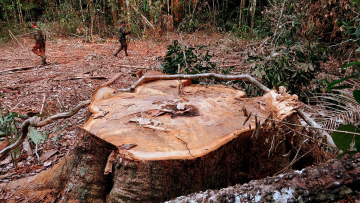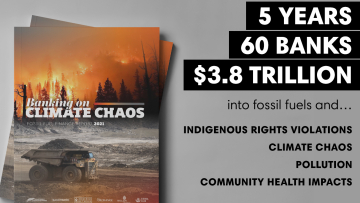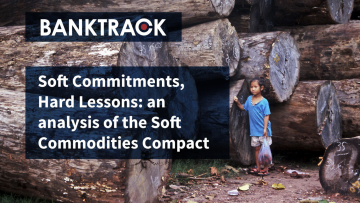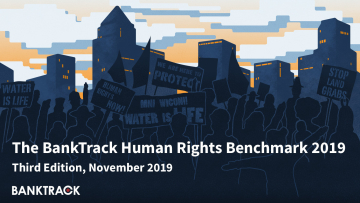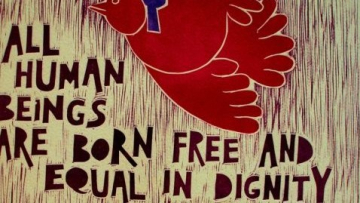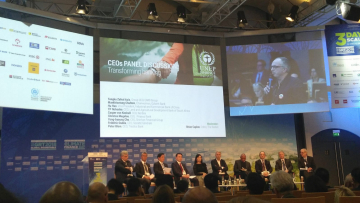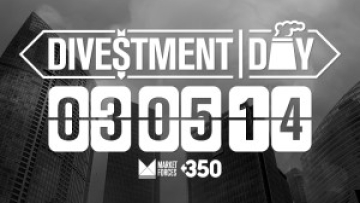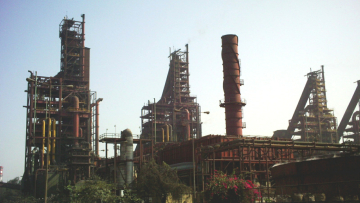
Active
This profile is actively maintained
Active
This profile is actively maintained| Website | http://www.westpac.com.au |
| Headquarters |
275 Kent Street
2000 Sydney
Australia
|
| CEO/chair |
Peter King CEO |
| Supervisor | |
| Ownership |
listed on Australian Securities Exchange & New Zealand Stock Exchange
Westpac's shareholders structure can be accessed here. |
Westpac, established in 1817, is an Australian bank which focusses on Australia, New Zealand and the near Pacific. In December 2008 Westpac merged with St. George. The Westpac Group provides banking and financial services, including retail, business and institutional banking. The group operates five divisions including: Consumer Bank, Commercial and Business Bank, BT Financial Group, Westpac Institutional Bank and Westpac New Zealand. These five divisions serve more than 13 million customers.
Westpac's most important sustainability commitments can be found at the website sections listed below.
Westpac is linked to a number of companies and projects that BankTrack considers controversial (so called Dodgy Deals), e.g. as a current or past financier or through an expression of interest. The profiles below provide more details on the nature of Westpac's link to these deals.
Any member of the public can raise a complaint regarding human rights issues by sending an email at sustainability@westpac.com.au or by post to 275 Kent Street, Sydney NSW 2000 Australia. Stakeholders may also raise complaints via the OECD National Contact Points (see OECD Watch guidance).
Westpac is an Equator Principles signatory. While the Equator Principles have no official grievance mechanism, complaints relating to this bank's financing of Equator Principles projects can be filed through our own website www.equator-complaints.org.
This page evaluates Westpac's responses to instances of alleged human rights violations linked to its finance, raised by civil society organisations. It is not intended to be exhaustive, but covers selected impacts raised by BankTrack and other civil society partners since 2016. For the full scoring methodology, see here. For more information about BankTrack's evaluation of bank responses to human rights impacts, see the 2021 report "Actions speak louder: assessing bank responses to human rights violations".
Banks and Climate
The 2024 Banking on Climate Chaos report showed that Westpac provided US$ 10.72 Billion in financing to the fossil fuel industry between 2016 and 2023. In 2023 only, Westpac provided US$ 85 Million for oil, gas and coal companies expanding fossil fuels. Find further details on Westpac fossil fuel portfolio and how it compares to other large banks globally on Fossil Banks No Thanks and in the Banking on Climate Chaos report.
Partner organisation Reclaim Finance tracks the coal, oil and gas policies of financial institutions, including banks, in their Coal Policy Tool (CPT) and the Oil and Gas Policy Tracker (OGPT). BankTrack works closely with Reclaim Finance and endorses their policy assessments. Find further details on their assessment of Westpac’s fossil fuel policy below.
Banks and Human Rights
BankTrack assessed Westpac in its 2024 Global Human Rights Benchmark, where it achieved 9 points out of 15 and was ranked as a “moderate achiever”.
The bank scored 1 out of 3 points on the new “specific rights indicators”, which assess how banks address human rights defenders, Indigenous Peoples’ right to Free, Prior and Informed Consent and environmental rights in their policies and practices.
In addition, Westpac scored 0.5 out of 3 on how it responds to alleged human rights violations linked to its finance, which were raised by civil society organisations. More information is detailed in the “Accountability” section of this profile.
The table below shows BankTrack's assessment of how Westpac has implemented the UN Guiding Principles on Business and Human Rights. Please click on 'expand all details' and 'explanation' for further information on the methodology.
Our policy assessments are always a work in progress. We very much welcome any feedback, especially from banks included in the assessments. Please get in touch at humanrights@banktrack.org.
Global Human Rights Benchmark 2022
Global Human Rights Benchmark 2024
Banks and Nature
Westpac’s policies for forest-risk sectors (beef, soy, palm oil, pulp and paper, rubber and timber) have been assessed by the Forests & Finance coalition, achieving an overall score of 5.8 out of 10 and ranking it as a front runner. Westpac achieved a score of 0 out of 10 specifically for its policies related to the beef sector and 6.6 out of 10 for its policies related to the palm oil sector. Between 2016 and 2022, Westpac provided USD 516 million in credit to companies operating in these forest-risk sectors. For more information, see the links below.
Forest & Finance Policy Assessment 2022: Overall scores
A bank can obtain a total of 10 points for the quality of its policies. The total score is based on their scores per sector, weighted against their financing and investment for each sector. For further details on this see here. Based on their overall score, banks are then classified as Laggards, Followers, Front runners or Leaders, as follows:
Forest & Finance Policy Assessment 2022: Beef
A bank can obtain a total of 10 points for the quality of its beef policy. The total score is based on their scores per sector, weighted against their financing and investment for each sector. For further details on this see here. Based on their overall score, banks are then classified as Laggards, Followers, Front runners or Leaders, as follows:
Forest & Finance Policy Assessment 2022: Palm Oil
A bank can obtain a total of 10 points for the quality of its palm oil policy. The total score is based on their scores per sector, weighted against their financing and investment for each sector. For further details on this see here. Based on their overall score, banks are then classified as Laggards, Followers, Front runners or Leaders, as follows:
Tracking the Net Zero Banking Alliance
Westpac is a member of the Net Zero Banking Alliance (NZBA) and has therefore committed to reduce its financed emissions to net zero by 2050; within 18 months of joining the alliance set interim targets for 2030 (or sooner) for high emission priority sectors, and within 36 months set further sector targets; set new intermediary targets every 5 years from 2030 onwards; annually publish data on emissions and progress against a transition strategy including climate-related sectoral policies; and take a robust approach to the role of offsets in transition plans. BankTrack track's implementation of these commitments in the NZBA compliance tracker.
Banks and Russian Aggression in Ukraine
BankTrack is keeping track of the public response of Westpac to Russia's illegal invasion of Ukraine. Westpac did not publicly condemn the war. Westpac is considered by Leave-Russia.org to be "suspending" its operations in Russia. We consider its exposure to Russia as limited. For further details, see the table linked below.
Banks and Steel
As part of the Net Zero Banking Alliance (NZBA), Westpac is required to set interim targets for 2030 for high emission priority sectors. For Westpac, this includes its lending to the steel sector. You can see Westpac’s iron and steel decarbonisation targets, and its progress towards meeting them in our NZBA steel targets compliance tracker:
Partner organisation Reclaim Finance’s 2023 report on metallurgical coal financing showed that Westpac provided US$ 1.5 billion in loans and underwriting to developers of new metallurgical coal between 2016 and 2022. Find further details on Westpac’s metallurgical coal financing and and how it compares to other large banks globally in the report.
Reclaim Finance tracks the metallurgical coal policies of financial institutions, including banks, in their Coal Policy Tool. BankTrack works closely with Reclaim Finance and endorses their policy assessments. Find further details on their assessment of Westpac’s metallurgical coal policy below.

